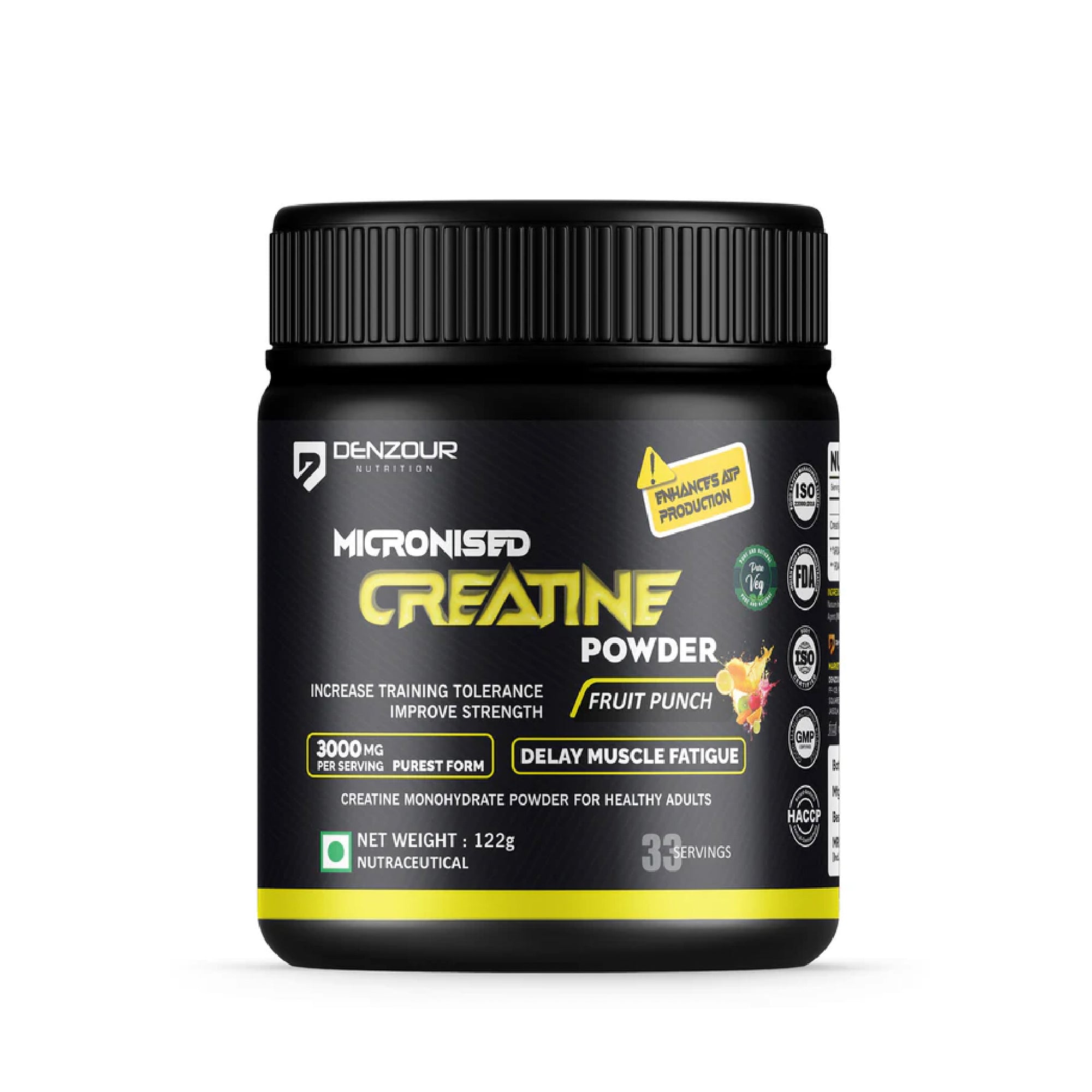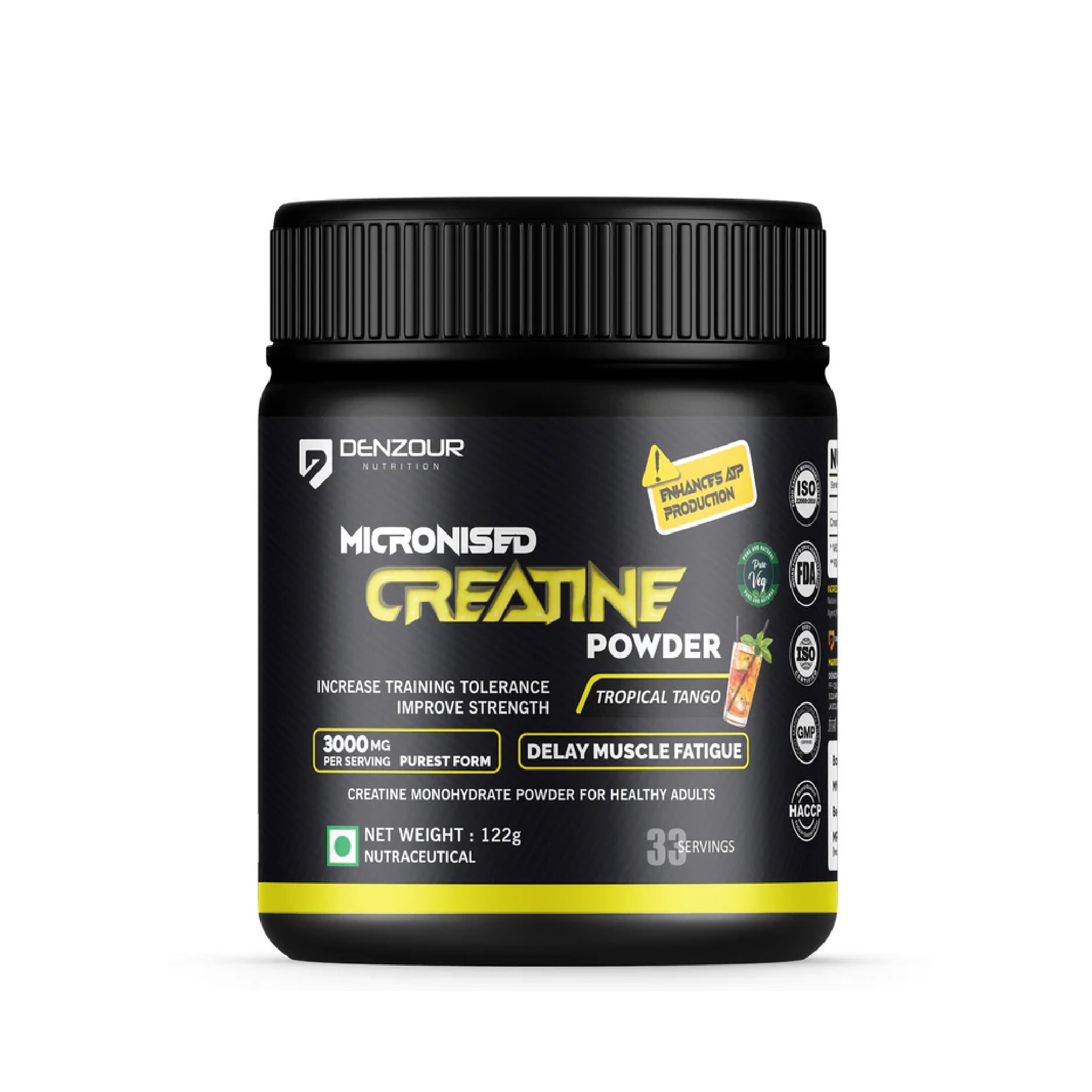Introduction-
In the pursuit of optimal fitness, we often prioritize rigorous workouts, balanced nutrition, and consistent training schedules. However, one critical factor that is frequently overlooked is the importance of sleep. Quality sleep is not just a luxury; it's a fundamental pillar that can significantly impact your fitness journey. In this blog, we'll delve into the profound connection between sleep and fitness, exploring how a good night's rest can enhance your physical performance, support recovery, and contribute to overall well-being.
The Basics of Sleep
Before we delve into the intricate relationship between sleep and fitness, let's understand the fundamentals of sleep itself:
-
Sleep Cycles:
- Sleep is divided into several cycles, including REM (Rapid Eye Movement) and non-REM stages.
- Each cycle plays a unique role in physical and mental restoration.
-
Duration:
- The recommended amount of sleep for adults is 7-9 hours per night.
- Consistency in sleep duration is crucial for reaping its benefits.
The Impact of Sleep on Physical Performance
Enhancing Endurance
-
Oxygen Utilization:
- Adequate sleep improves the body's ability to utilize oxygen during physical activity.
- Enhanced oxygen utilization leads to improved endurance levels.
-
Energy Conservation:
- Sleep contributes to glycogen conservation, the body's primary energy source during exercise.
- Improved glycogen storage enhances energy availability during workouts.
Strength and Power
-
Muscle Recovery:
- During deep sleep, growth hormone is released, supporting muscle tissue repair and growth.
- Optimal muscle recovery is essential for strength and power gains.
-
Neuromuscular Coordination:
- Sleep positively affects neuromuscular coordination, crucial for precise and powerful movements.
- Lack of sleep may result in reduced coordination and increased injury risk.
Hormonal Balance
-
Testosterone Production:
- Quality sleep promotes testosterone production, a key hormone for muscle development.
- Inadequate sleep may lead to a decrease in testosterone levels, hindering fitness goals.
-
Cortisol Regulation:
- Proper sleep helps regulate cortisol, the stress hormone.
- Elevated cortisol levels can impede muscle growth and recovery.
Sleep's Role in Exercise Recovery
Inflammation Reduction
-
Cytokine Regulation:
- Sleep aids in the regulation of cytokines, molecules involved in inflammation.
- Reduced inflammation speeds up recovery post-exercise.
-
Tissue Repair:
- Deep sleep stages are crucial for tissue repair and the removal of metabolic waste.
- Enhanced tissue repair accelerates recovery between workout sessions.
Mental Restoration
-
Cognitive Function:
- Sleep contributes to cognitive function and concentration.
- Mental acuity is vital for effective training and decision-making during workouts.
-
Mood and Motivation:
- Quality sleep positively impacts mood and motivation.
- A rested mind is more likely to engage in and enjoy physical activities.
Strategies for Improving Sleep for Fitness
Consistent Sleep Schedule
-
Set a Routine:
- Go to bed and wake up at the same time every day, even on weekends.
- Consistency reinforces the body's internal clock.
-
Limit Naps:
- If napping, keep it short (20-30 minutes) to avoid interfering with nighttime sleep.
Optimal Sleep Environment
-
Dark and Quiet:
- Create a dark and quiet sleep environment to promote melatonin production.
- Consider blackout curtains and white noise machines.
-
Comfortable Bedding:
- Invest in a comfortable mattress and pillows to enhance sleep quality.
Sleep Hygiene Practices
-
Limit Screen Time:
- Reduce exposure to screens before bedtime to minimize the impact of blue light on melatonin production.
-
Caffeine and Alcohol Moderation:
- Limit caffeine and alcohol intake, especially in the hours leading up to bedtime.
Stress Management
-
Relaxation Techniques:
- Practice relaxation techniques such as deep breathing or meditation to reduce stress levels.
-
Mindfulness:
- Incorporate mindfulness practices to calm the mind and improve sleep quality.
Conclusion
In the quest for fitness excellence, sleep should not be treated as an afterthought but rather as a cornerstone of your training regimen. The symbiotic relationship between sleep and fitness is undeniable, with each influencing the other in a profound way. By prioritizing quality sleep, you set the stage for enhanced physical performance, quicker recovery, and a more satisfying fitness journey overall. So, the next time you lace up your sneakers, remember that a good night's sleep might just be the missing piece to unlock your true fitness potential. Sweet dreams, and may your fitness goals be realized with every restful slumber.

































